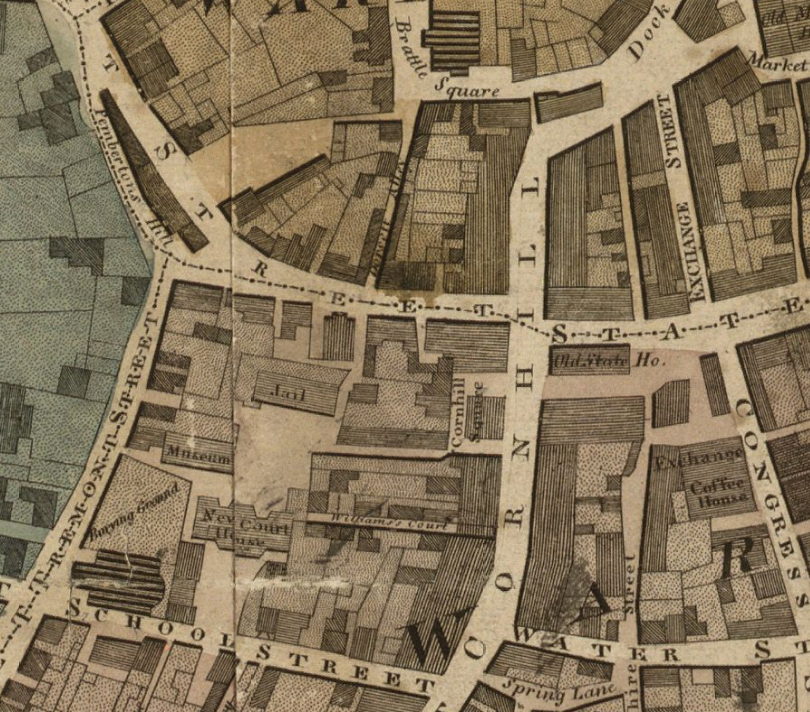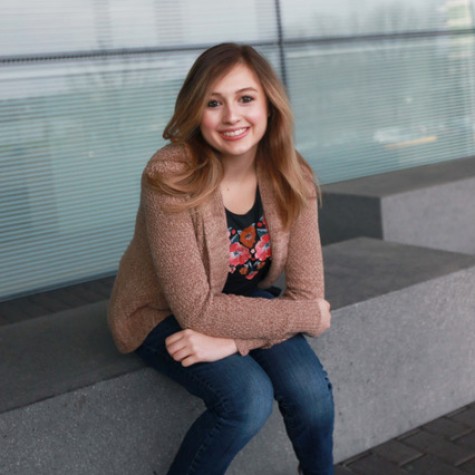The mass incarceration epidemic has, within the past few decades, become a growing burden on both the U.S. prison system and the American taxpayer. Prisons are expensive to maintain, and many of them do little to deter former inmates from relapsing into criminal behaviors upon their return to society. One of the biggest challenges facing lawmakers today is the high rate of recidivism; according to the National Institute of Justice, within five years of being released, over 75 percent of ex-prisoners are rearrested. This troubling trend has motivated advocates for criminal justice reform at the University of Iowa to find alternative solutions to the strenuous manual labor and strict disciplinary tactics so often utilized by modern prisons. Instead, a pilot program known as Liberal Arts Beyond Bars (LABB) suggests a different strategy to reduce recidivism rates: higher education.
“This kind of program is very important, especially because people in prison are already more likely to come from historically disadvantaged populations who have not had all of the educational opportunities that other groups may have had,” AP Language and Composition teacher Dr. Lundberg commented.
LABB’s intended purpose was twofold — fostering a passion for learning that would extend to life beyond prison and showing inmates that earning a college degree is, in fact, an attainable goal. For nine weeks, LABB participants are offered brief, weekly lectures that, at the end of the program, will count for two hours of credit at the University of Iowa. In order to gauge inmates’ interest during its Fall 2017 semester, LABB brought in University of Iowa faculty, including such influential figures as the university president and the dean of the College of Education, to teach courses to the prisoners without providing any credit hours. The overwhelming response prompted the university to allow LABB enrollees to work toward a degree while still incarcerated, a major step forward for progressive prison reform.
Early results seem promising. As Kathrina Litchfield, the director of Liberal Arts Behind Bars, told USnews.com, “[O]f our 60 students, not one of them has been involved in an incident since they’ve been enrolled in the course.” With over 100 inmates now enrolled for the Spring 2018 session, LABB has expanded its curriculum, adding holistic class offerings such as yoga and choir as well as an additional section of the Speaker Series.
The program’s incorporation of fine arts allows inmates to learn valuable skills that they will be able to apply outside the prison walls. “Music gives you a goal to work towards so you learn to accept responsibility,” said senior Avery Luepker, an active member of the Pleasant Valley High School choir and band programs. “You have something to look forward to.”
Although Liberal Arts Behind Bars emerged relatively recently in the Iowa prison circuit, its innovative approach has already improved inmates’ quality of life and will hopefully inspire them to pursue college degrees, further their learning and invest in their futures.









